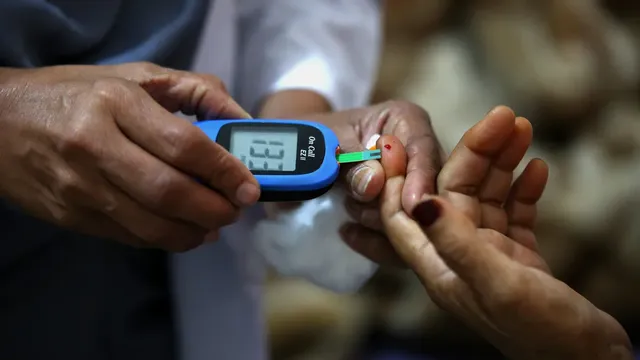According to a new study by the American Cancer Society, tobacco control measures such as anti-smoking campaigns and cigarette taxes have prevented nearly 4 million lung cancer deaths over the past five decades.
More than 3.8 million lung cancer deaths have been averted due to significant reductions in smoking. This has provided just over 76 million additional years of life for Americans, researchers report in CA: A Cancer Journal for Clinicians.
"The significant number of lung cancer deaths averted and years of life gained underscore the remarkable effect of advances in tobacco control on reducing premature lung cancer mortality," said lead researcher Dr. Farhad Islami, ACS senior scientific director for cancer disparities research.
In fact, the number of lung cancer deaths averted represents roughly half of all cancer deaths that have been prevented in recent decades, the researchers said.
"However, lung cancer is still the leading cause of cancer death in the U.S., and the incidence and mortality of other cancers or diseases caused by smoking remain high," Dr. Islami explained.
For the study, researchers analyzed federal health data from 1970 to 2022. They estimated the expected number of cancer deaths for each year and compared them to actual deaths that occurred.
Overall, more than 2.2 million expected lung cancer deaths were averted in men and 1.6 million in women over the 50-year period.
The number of lung cancer deaths averted represents more than 51% of the expected reduction in total cancer deaths.
"Reducing smoking through tobacco control has saved millions of lives and could save millions more in the future. But we need stronger commitment at the local, state and federal level to help further reduce smoking and significantly increase progress in the fight against smoking-related deaths," the scientist said.
Islami noted that it is also important to target such programs to groups that are at higher risk of smoking.
"For example, smoking prevalence and lung cancer mortality in people with a high school diploma or less are five times higher compared to people with a college degree," he explained.
Lisa Lacasse, president of the American Cancer Society's advocacy affiliate, the Cancer Action Network, said the findings underscore the persistence of preventable deaths.
"Now more than ever, increased and sustained funding for evidence-based tobacco prevention and cessation programs is needed as part of a comprehensive approach to reduce tobacco use and ultimately the burden of cancer for everyone in the United States," she said.
Lacasse specifically highlighted the need for barrier-free access to smoking cessation services, higher tobacco taxes, and comprehensive smoke-free policies. | BGNES

 Breaking news
Breaking news
 Europe
Europe
 Bulgaria
Bulgaria







